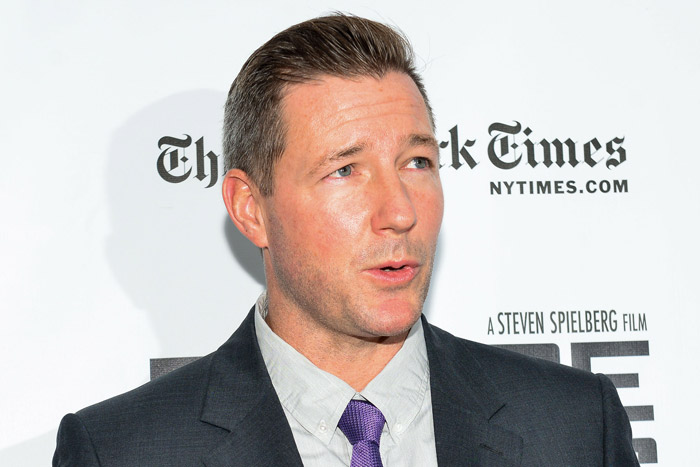By the Book: Ed Burns Goes Inside with 'Independent Ed'

Ed Burns’s memoir, Independent Ed: Inside a Career of Big Dreams, Little Movies, and the Twelve Best Days of My Life (Gotham Books), has come out at an opportune time for Burns, likely released to coincide with the debut of Burns’s police drama Public Morals on TNT. The series, which premiered its first two episodes at Guild Hall over the summer, is set in New York in the 1960s, and is another tour de force for Burns. He is the executive producer, screenwriter, lead actor and director.
As Independent Ed shows, these are roles Burns has been playing for a long time. Burns has an impressive résumé—starting with The Brothers McMullen. He wrote, directed, starred in and produced it for only $25,000, and it has grossed over $10 million.
His life since then has been full of “ups and downs,” but he seems never to have lost his passion. Burns loves the process of writing and making movies, which he talks about in entertaining detail. For aspiring filmmakers, Independent Ed will prove instructional and inspirational—though Burns’s principal advice is that “you must love what you do and do it with everything you’ve got.” And surely Burns is focused, fiercely attached to independence and frank about failures, but he’s also been blessed with extremely supportive parents, especially his ex-policeman father who has gotten Burns funding and rallied relatives and friends.
Burns never went Hollywood, though he worked in L.A. for a while. A New Yorker through and through, he has always preferred to write and act in movies about “the tough-as-nails, loud and brash, sharp-tongued and sarcastic New Yorkers,” especially the working-class Irish community he grew up with. He was also always an NYPD buff, “gathering history and stories from any source,” and “intrigued” by what the department was like before the Knapp Commission took on corruption in 1972, when the good guys managed “to blur the line between good and bad.”
Independent Ed is illustrated with numerous photos of Burns on sets, indoor and out, and it covers his work up to Public Morals. For the casual filmgoer, the narrative may prove a bit numbing, in spite of a lively prose style and engaging anecdotes. Too many names are dropped, chance connections dominate and accidents and luck rule alongside hard work and persistence. Still, the book has humor and charm and should be a staple of film school curricula.



